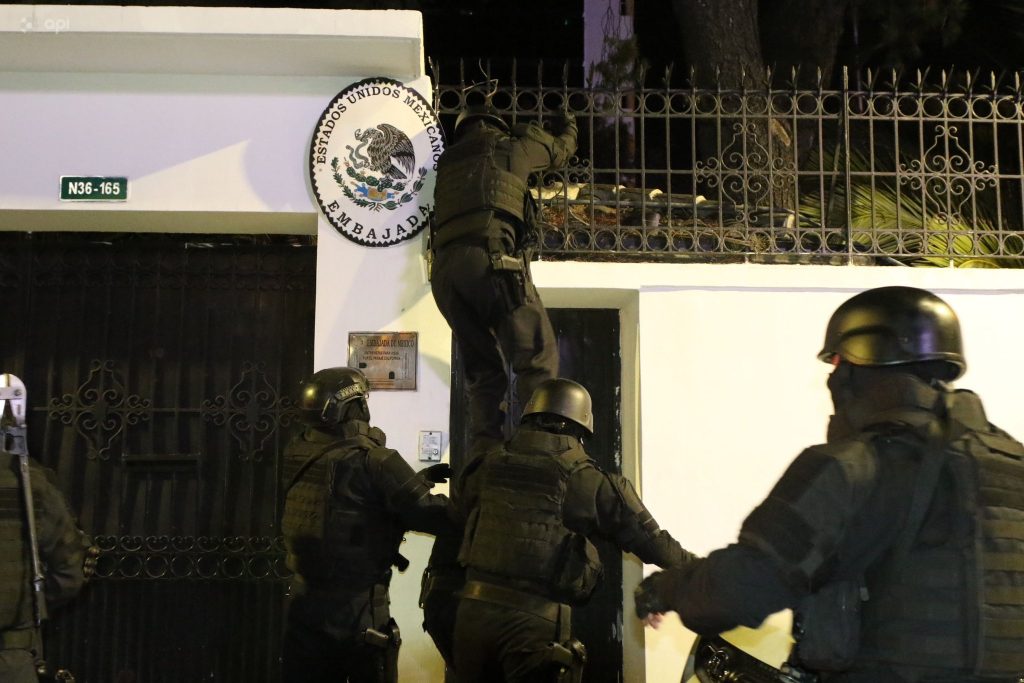
EDITORED WARNS ABOUT RISKS HIDDEN BEHIND THE SO-CALLED ‘LAW AGAINST FASCISM’ THAT IS BEING PROCESSED IN VENEZUELA
From the respect and consideration for the established international legality and that of each State, the Editors Association of the European Union, Latin America and the Caribbean (EditoRed), committed to democracy and Human Rights, as reiterated in the Assembly held on April 21 in Brussels (Belgium), considers it necessary to warn about certain aspects of the articles of the so-called Law against Fascism, Neo-Fascism and Similar Expressions of Venezuela. EditoRed considers that the title itself and the wording of certain paragraphs may mislead and/or conceal intentions that may pose risks to fundamental rights such as freedom of expression, freedom of conscience and the right to a fair trial, as denounced by some associations representing professionals in that country. We warn about these aspects while condemning any “authoritarian and antidemocratic attitude that is socially considered related to fascism”, understood as “Political and social movement of totalitarian character that developed in Italy in the first half of the twentieth century, and was characterized by corporatism and nationalist exaltation” or the “Doctrine of Italian fascism and similar political movements that emerged in other countries”.
Beyond this condemnation of an unacceptable ideology, a condemnation commonly defended by all democratic regimes and states governed by the rule of law, we note that the law being processed in Venezuela would allow rulers and officials to prohibit and/or sanction political acts and actions that in almost all countries are considered legitimate and are admitted in states governed by the rule of law.
EditoRed considers as particularly serious those aspects of the Law that can be considered as specific threats against the media, which according to the proposed text can be considered as amplifiers of certain ideas not defined with legal precision, which could lead to actions contrary to freedom of expression. Sanctions against the media (Article 28) include revocation of the concession of radio and television service providers. In the case of electronic and printed media, the sanction consists of a fine “for the amount in bolivars equivalent to between fifty thousand and one hundred thousand times the highest exchange rate published by the Central Bank of Venezuela”.
EditoRed supports the position of Venezuelan professionals who, through the National Union of Press Workers, consider that the provisions of the Law limit the free debate of ideas and lead to self-censorship of the media. There is also concern that, in practice, guarantees of fair trials or administrative processes for individuals, political and social organizations, and the media may be violated, although the Law states that each person or institution shall have the right to due process.
EditoRed alerts institutions, especially in Europe, Latin America and the Caribbean to maintain an active and vigilant attitude towards the approval and eventual application of the Venezuelan Law and makes a respectful appeal to its promoters to open a dialogue with the representative social, political and trade organizations, and especially with those who have expressed their opposition to the legal proposal as it is drafted.
————
This text is free to use. If you use it, please cite EditoRed.



